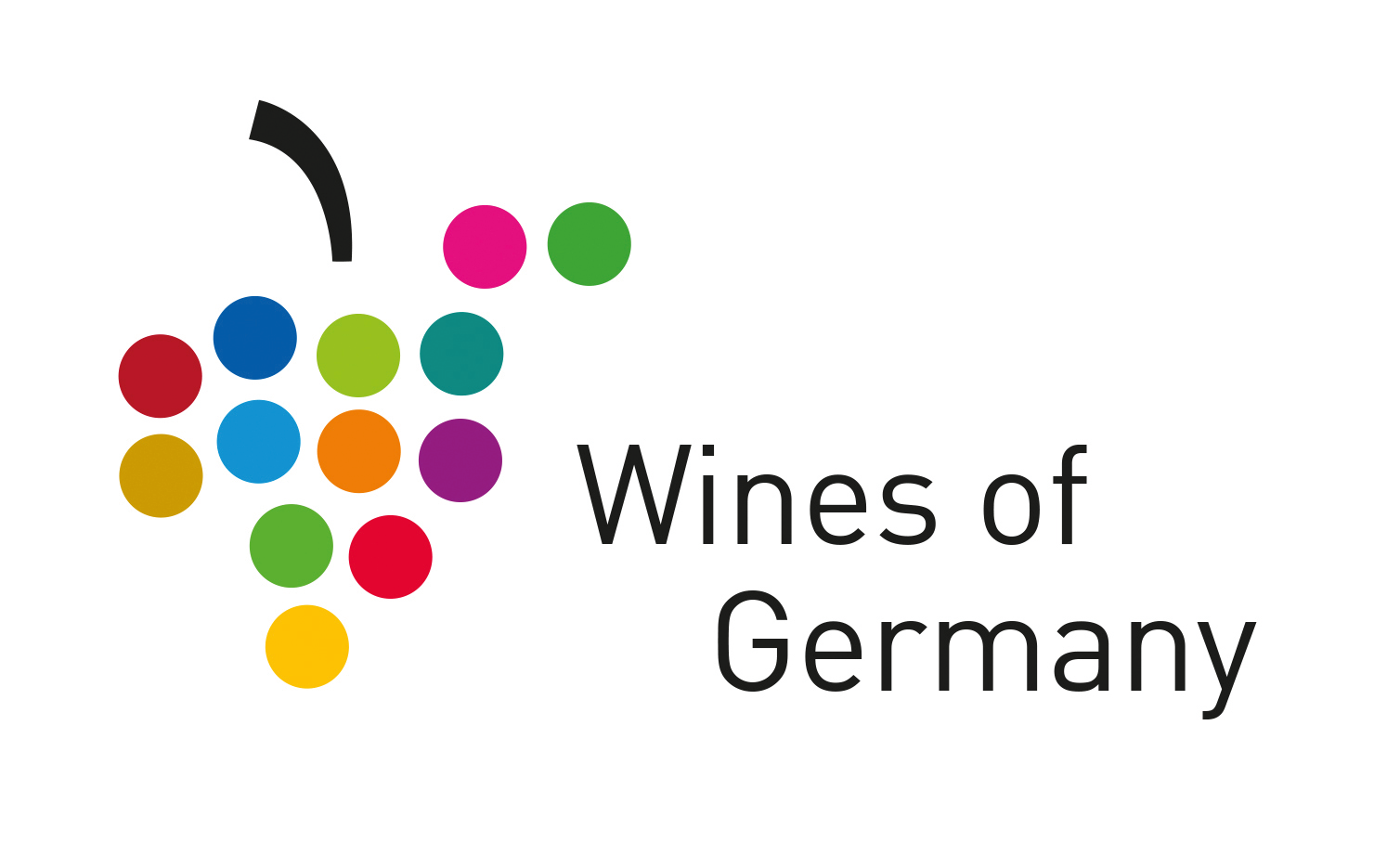Perlwein
Carbonated sparkling wine without second bottle fermentation, usually light, fruity and fresh character.
Pfalz
The second largest wine growing region in Germany, has a very mild and maritime climate, located in southwest Germany.
Pinot Blanc
White Pinot variety, in Germany mostly named as Weissburgunder.
Pinot Gris
White Pinot variety, in Germany mostly named as Grauburgunder.
Pinot Noir
Probably one of the most famous grape varieties in the world, Pinot Noir has been grown in Germany for centuries and is usually labelled with its German name, Spätburgunder, on wine bottles.
Portugieser
German red grape variety with a usually fruity and soft character while old vines and a low yield can produce deep-red wines of very high quality. Often used in rosé blends.
Prädikatswein
If a wine meets more stringent quality requirements than those applicable to the QbA category, it can be labelled a Prädikatswein. There are six categories within the Prädikatswein classification system, and wines are classified according to the amount of residual sugar in the grapes at the time of harvesting. The classification must be identified on the label. It is often mentioned alongside the grape variety, e.g. “Riesling Auslese” or “Silvaner Kabinett”. In ascending order of ripeness at the time of harvest, the classifications are:
- Kabinett: Light and elegant wine, the alcohol content varies from low to average (up to 12 degrees)
- Spätlese: Elegant and often powerful wine with pronounced fruit aromas
- Auslese: Mostly sweet, delicately fruity wines made from fully ripe grapes
- Beerenauslese: Made from overripe grapes which due to noble rot (Botrytis cinerea) have a higher concentration of sugar
- Trockenbeerenauslese: Very elegant, sweet wine of extreme longevity made from shrivelled raisin-like berries with very high natural sugar content, the aromas are reminiscent of honey and exotic fruit and the consistency is often nectar-like
- Eiswein: Harvested and pressed while frozen, ideally made from healthy grapes(temperature below minus 7 degrees celsius), with a very high natural sugar content. Eiswein has exceptional ageing potential and can be stored for decades.
-
Drinkaware
Drinkaware aims to change the UK’s drinking habits for the better by promoting responsible drinking.
http://www.drinkaware.co.uk/ -
German Wine – More Details
For details on German wine classifications and quality categories.
http://www.germanwines.de/knowledge/quality-standards/quality-categories/
-
German Wine Institute
For more information about German wine around the world, visit the Deutsches WeinInstitut website.
http://www.germanwines.de/Home/ -
Image Bank
Visit the German Wine Institute’s image bank to access images all about German wine.
-
VDP: The Association of German Quality and Prädikat Wine Estates
Founded in 1910, the VDP is the world’s oldest association of wine estates.
-
Wine in Moderation
The WINE in MODERATION programme is an initiative of the European wine sector.
http://www.wineinmoderation.eu/ -
WSET
Learn about wine with the Wine and Spirit Education Trust.
-
WSTA
Trade body Wine and Spirit Trade Association.


